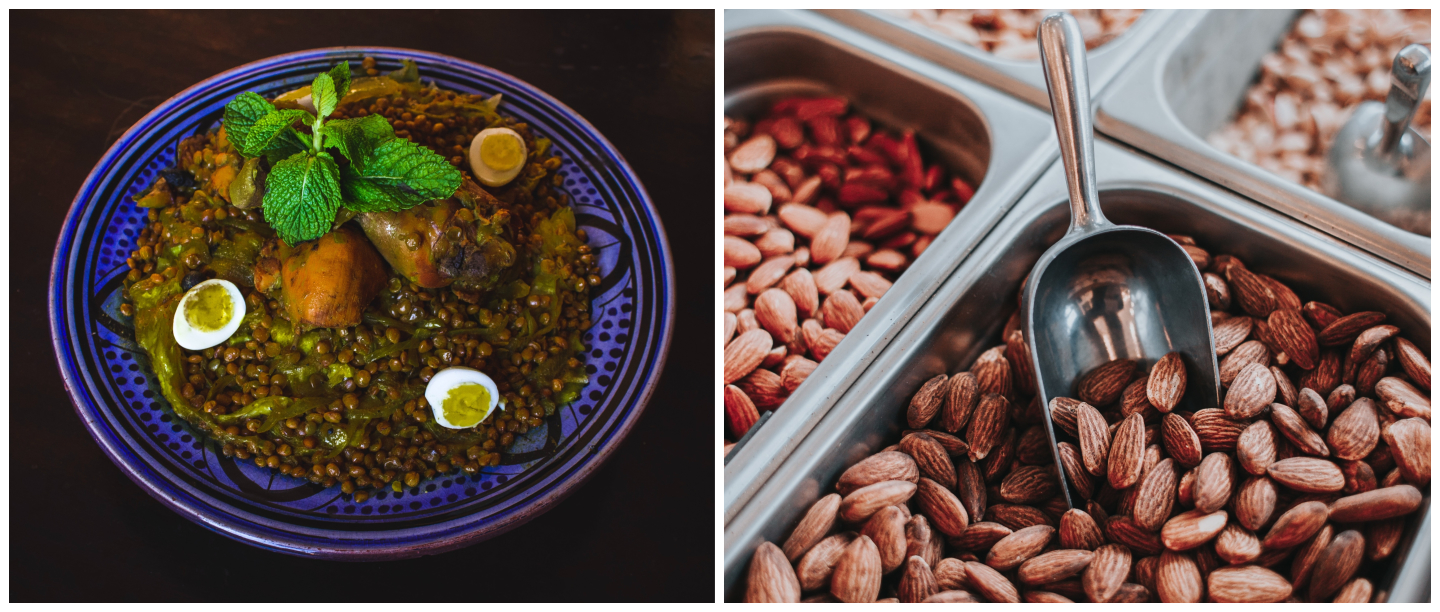
Let me start this article on belly fat by saying that it’s not at all about vanity. And it’s certainly not about those complicated calorie-counting techniques or weight loss gimmicks. Instead, it’s about keeping your gut healthy by working on your body’s natural hunger signals and proper sleep schedule that helps you squash those cravings.
Studies suggest that visceral fat is the most harmful kind. According to an article published by John Hopkins Medicine, “Visceral fat is deep within a cavity in the belly. It surrounds
some of the vital organs of the body. They are: the stomach, the liver, and the
intestines. In fact, this fat is very close to the liver. It is so close that the liver can
turn it into cholesterol. From there, this fat goes through the bloodstream. It may
collect along the walls of the arteries. This leads the arteries to get hard and narrow.”
This type of fat brings along various types of health issues like type 2 diabetes, high blood pressure, and heart disease.
Include These Foods In Your Routine
Mahima Sethia, Founder of Fitness Flu, says, “It is normal to have belly fat and it should be
bothering you only if it crosses the permissible limit as it could be an indicator of many health problems. A few things that could contribute to belly fat are poor diet, a bad lifestyle, stress, poor gut health, excessive alcohol and smoking. Having a good and balanced diet, along with little exercise, can help help you in weight loss and also reducing belly fat.”
Apart from working on these habits, there are certain smart food swaps that can improve gut health (eliminating cramps and gas!) and help you feel less bloated.
We can hope that if there were a food that could burn fat, it were preferably something chocolaty, but stuff like that exists in your dreams. Right? So, let’s take you through food items, herbs and a few drinks you can include in your diet to target belly fat.
Nuts
Nuts provide you with plant protein, antioxidants, fiber, and a wide range of vitamins and minerals. As if we need an excuse to eat these fatty-legumes. There are plenty of ways you can consume nuts: eat them as snacks, sprinkle crushed nuts over your smoothies or add them in your salads. You can whip up some energy balls full of nuts, combined with oats or ragi.
Fenugreek Seeds
Fenugreek seeds or methi dana contain Galactomannan (a water-soluble component) that help stave off hunger pangs. “Soak one spoon methi seed in a cup of water and keep it overnight. In morning, strain and sip it. Having this drink every day on an empty stomach will help burn fat. Alternatively, you can also chew these tiny seeds if the bitter taste does not bother you. Galactomannan keeps you full for longer and hence prevents you from overeating, thus reducing weight and slimming down the belly,” says Mahima.
Oats
Unsplash
This whole-grain makes for a perfect brekkie. It can lend your morning meal some protein, iron, and, of course, fiber, and oats also help boost your heart health. However, you have to be careful to not sabotage your healthy breakfast intentions. A few mistakes like going overboard with the toppings or adding too much sweetener to your oatmeal can secretly make your meal unhealthy.
Carrom Seeds
“Sometimes due to indigestion or flatulence your abdomen feels bloated or enlarged and you feel uneasy. Ajwain seeds can be of great help. Easily available in our kitchens, you can incorporate them in your everyday foods in many ways. You can also soak them overnight in water and drink this on an empty stomach. Or chew them half an hour before your breakfast or lunch as carrom seeds enable your body to release digestive juices and also help with better absorption of food,” says Mahima.
Beans & Lentils
Unsplash
These staple foods are filled with fiber and plant-based protein, plus minerals and B-vitamins. Beans and lentils help reduce bloating and have a high quantum of fiber, which keeps you satiated for long. Dal chaawal lovers, raise your hand!
Now, when you go for that jar of cookies, a fistful of chocolates or an extra slice of pizza, don’t judge yourself. All you need to do is: ask yourself if you’re eating anything extra because you’re hungry or for any other reason, like if you’re upset about something. Believe it or not, your body actually doesn’t want to store fat. So, work with your body on natural hunger and your sleep schedule to manage those cravings.
Featured Image: Unspalsh
Read More From Health
Ananya Panday On Being Called ‘Chicken Legs’ and ‘Flat Chest’ In School & Why We Must Talk About It
Isha Jain